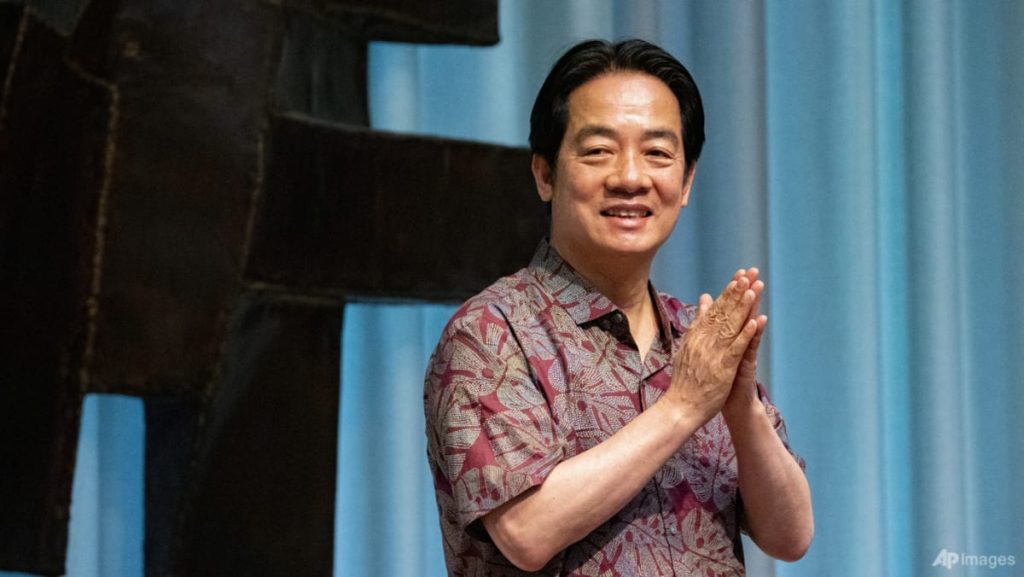Taiwan President Lai Ching-te’s recent discussions with former US House Speaker Nancy Pelosi have drawn significant attention as he addresses the escalating military threats posed by China towards Taiwan. The talks, which took place in Honolulu on December 1, were described by Lai’s spokesperson, Karen Kuo, as warm and amicable, reflecting the long-standing friendship between Lai and Pelosi. Their conversation focused on the challenges Taiwan faces from China, particularly regarding its continued claims over the island as part of its territory. This dialogue comes during Lai’s first stop on a Pacific trip that has already generated considerable frustration in Beijing, exacerbating tensions between the regional power and the US.
China’s reaction to Pelosi’s influential visit to Taipei in 2022 serves as a backdrop to the current discussions. Following that visit, China conducted extensive military exercises around Taiwan, demonstrating its displeasure at what it perceives as foreign interference in its territorial claims. Lai’s current interactions signal a continuation of the US-Taiwan partnership, which Beijing fiercely opposes, especially in terms of official contact and arms transactions between the two entities. The underlying issue remains China’s insistence on its sovereignty over Taiwan and its determination to prevent any moves that would legitimize Taiwan’s self-governing aspirations.
In connection with his Pacific trip, Lai has engaged with various US officials, including state representatives and members of Congress, reinforcing the diplomatic ties between Taiwan and the United States. Notably, during his visit to Hawaii, he received an enthusiastic welcome marked by cultural gestures such as red carpets and garlands of flowers, which underscore the friendly relations he is fostering on this visit. Lai has reiterated the importance of unity in confronting potential conflicts, insisting that any escalated tensions between Taiwan and China would yield no winners, a sentiment that reflects his commitment to peace and stability in the region.
Adding to the tension, the United States has approved a new arms deal with Taiwan, which includes spare parts for F-16 fighter jets and communications equipment, totaling an estimated $385 million. This arms sale, occurring on the eve of Lai’s trip, is viewed by China as an exacerbation of existing hostilities and a troubling signal of US support for Taiwan’s defense capabilities. In response, the Chinese foreign ministry has vehemently criticized the US, urging an immediate cessation of arms sales and collaboration with what it deems “Taiwan independence” separatist movements.
China’s warnings do not stop at verbal condemnation; it has pledged to implement strong measures to protect its national sovereignty and territorial integrity against any perceived threats. These remarks illustrate Beijing’s firm stance as it seeks to deter Taiwan’s international engagements and prevent bolstering its claims to sovereignty. The Chinese government’s assertions reflect a broader strategy aimed at counteringWestern influence in the region and reaffirming its claims over Taiwan.
Given the ongoing discussions and developments surrounding Taiwan’s security and its relationship with the United States, the strategic landscape in the Pacific continues to evolve. Lai’s engagement with US officials, alongside the anticipated arms sales, may contribute to a rising cycle of tension between the US and China, as well as reinforce Taiwan’s resolve to maintain its democratic governance and regional stability. The international community will be closely monitoring these developments, particularly concerning potential impacts on cross-strait relations and the broader geopolitical balance in the Asia-Pacific region.

